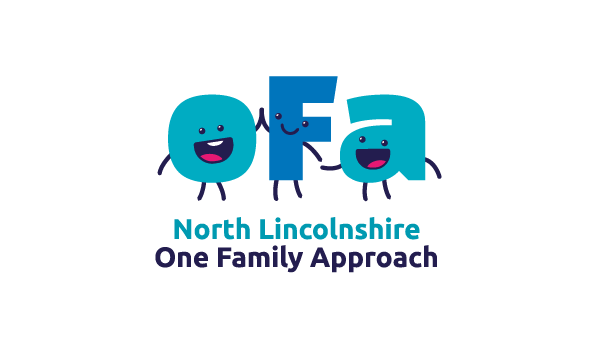We are committed to ensuring we have sufficient, high quality adoptive placements for those children where adoption is the right plan.
This strategy is set within the context of the One Family Approach founded upon our North Lincolnshire values and beliefs, capturing our intent to keep children in their families, their schools and their communities.
It sets out our approach to ensuring we have the best adoptive placements available for those children who require such permanence to meet their needs.
North Lincolnshire has a strong record with regards to our adopter sufficiency, this is evidenced by our record in placing children with our own adoptive carers:
- 2017/18 of the 14 children placed 13 were with NL families (93%)
- 2018/19 of the 6 children placed 6 were with NL families (100%)
- 2019/20 of the 16 children placed 12 were with NL families (75%)
- 2020/21 of the 13 children placed 12 were with NL families. (92%)
- 2021 / 22 – 100% of all children placed have been within Family Adoption Links.
A number of the children above were older, had more complex needs and were part of sibling groups and nationally it is a challenge to identify adopters for these children. This has meant we have had to be creative and innovative in our recruitment and as a result of this the majority of our children with more complex needs have been placed with North Lincolnshire approved adopters.
We continue to be committed to building upon the success of regional working to ensure timely placement for children by way of adoption and in ensuring that the recruitment of adopters is based upon the needs of the children who require an adoptive placement, not only locally but regionally and nationally.
In October 2020, North Lincolnshire Council formally joined Family Adoption Links (FAL), a regional partnership of Adoption Services comprising of Lincolnshire County Council (who provide adoption services for Rutland Council), Leicestershire County Council, Leicester City Council, Northamptonshire Children’s Trust and North Lincolnshire Council. Lincolnshire County Council act as host for the arrangement. Agency decision making for adults and children is maintained within the Local Authority in line with corporate parenting responsibilities.
Through working in partnership, we benefit from the regional sharing of best practice, pooling of resources and developing a strategic approach to the development of a range of services from the marketing of adoption across the region through to the commissioning of post adoption support services.
A key area of focus is the recruitment and assessment of adopters and our local recruitment is underpinned by both the Regional Recruitment Strategy and the National Adoption Recruitment Strategy January 2021 – December 2023 for adoption.
Regional Recruitment Strategy – Family Adoption Links
Alongside the National Strategy, the Family Adoption Links Marketing Plan sets out the regional steps with regards to adopter recruitment.
The Regional Strategy identifies that by working closely together we can achieve the overarching aims as defined in the ‘Regionalising Adoption’ document. Those aims being;
- A larger adopter pool – created by sharing resources and better targeted recruitment activities.
- Speedier and more effective matching of children with adoptive families.
- Opportunities to reassess approaches to adoption support, address gaps and to develop a more comprehensive training package for adoptive parents.
- Improved collaboration between RAA’s, LA’s and other agencies in some RAA’s.
Since April 2021 there have been 16 approvals of adopter households, which means we have successfully met the local target that we set.
To ensure effective local delivery, the North Lincolnshire Adoption Service:
- Ensures that the children and young people are placed, with siblings wherever possible, within a timescale that is best for them and without unnecessary delay.
- Treats prospective adopters and adopters with openness, fairness and respect.
- Makes prospective adopters first points of contact informative and welcoming.
- Approaches adopter recruitment in the spirit of inclusiveness with a view to identifying potential and opportunity – no one will be automatically excluded.
- Recruits prospective adopters who can meet all or most of the needs of children and young people waiting for, or likely to need, adoption and signpost prospective adopters to other agencies if there is insufficient local demand.
- Explains to prospective adopters the needs and profiles of the children and young people waiting to be adopted.
- Ensures preparation and training, the assessment and approval processes are explained and proceed efficiently.
- Regularly reviews progress on matching with prospective adopters.
- Provides adopters and prospective adopters with information, counselling and support, as and when needed, throughout the adoption journey and beyond.
- Provides prospective adopters with information about the Independent Review Mechanism.
- Works in partnership, and with other agencies and the Courts, to ensure that all decisions are timely and joined up.






